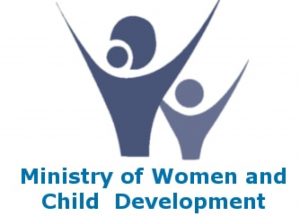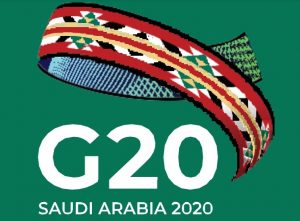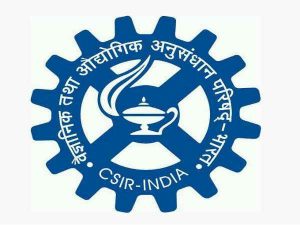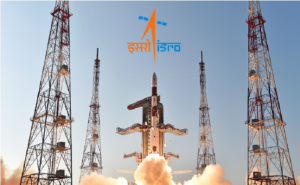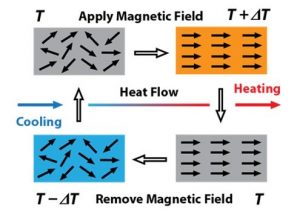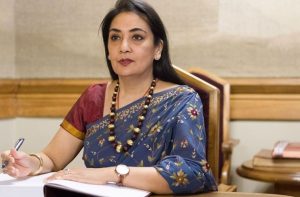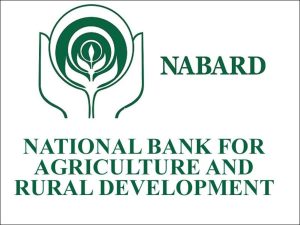VisionIAS
12:56

📰 ‘Farmers are strong, not vulnerable; they need to be given choices’
Option for direct marketing during the lockdown period has reduced government procurement of wheat in some States, says Agriculture Secretary
•The disruption caused by the COVID-19 pandemic led to at least 12 States allowing direct marketing of agriculture produce, which offered greater options to farmers during the lockdown, Agriculture Secretary Sanjay Agarwal says. The two new ordinances pushing agricultural marketing reform will widen choices for small farmers, he adds.
Despite the lockdown, this year’s wheat harvest hit record highs, and government procurement at minimum support prices (MSP) is also higher than last year. However, Haryana and Uttar Pradesh have fallen short of procurement targets. What is the reason?
•I was looking at a video of ITC. This year, because direct marketing was allowed for farmers to sell their produce during the lockdown, they had a line of over two km of tractors outside their purchasing centres. If as a farmer, you are faced with the cost of transport to an MSP centre, and if you are getting the same price at the village level, what will you do? In fact, this year, procurement centres were two and a half times more in comparison to last year. But because direct marketing was allowed and a corporate purchaser was available, that gave the farmer a choice and that changes everything. And that becomes the logic of bringing the trade and commerce ordinance this year, where direct marketing takes place.
Speaking of these two ordinances to reform agriculture marketing and facilitate contract farming, how will they help small farmers?
•Both ordinances will be most beneficial to small and marginal farmers. A farmer’s produce is unregulated at time of production, but there are restrictions on where to sell and whom to sell, which is not there for any other commodity globally or in India. The Farm Trade ordinance will open up this ecosystem.
•Right now, the farmer can only sell produce to a licensed trader in one of four physical locations: mandis operated by marketing committees, very few private mandis, cold storage warehouses declared as deemed markets, or direct licensees which have to notify a space with certain facilities. Mandi secretaries say most big farmers bring a truckload of produce; they know the officials there, they have access to knowledge about prices and they get the right price. But a small farmer may produce just two quintals. So an aggregator at the village level will take it to the mandi with the understanding that he will take a set percentage of the sale price, and give the rest to the farmer. But in more than 50% of cases, farmers are being cheated by aggregators who get a receipt for a lower price.
•Number two, the contract farming ordinance. If I’m a large farmer who grows a large quantity of high quality organic potatoes and sells to a big retail chain dependent on me, I can negotiate my terms. But if I’m a small marginal farmer who wants to grow a high value crop like that which doesn’t have that much demand in mandis, or if I add value in terms of processing, then I have to take the total risk in terms of production and then go find a buyer in the industry.
•This ordinance allows the small farmer to benefit from a high value product by transferring the risk to the corporate purchaser, who will buy the produce at a fixed rate. The industry can also provide technology inputs and get seeds and pesticides at wholesale prices, which will translate into higher production, higher value, higher incomes. There is also a unique provision for production agreements, where the farmer is simply paid for agricultural services rendered, and this is very useful in poultry and livestock sector.
Will the safety net of MSP continue to remain effective under the new direct marketing regime?
•This provides a different option to farmers. MSP is a support system for the farmer, where he knows he can sell at a certain place for that price. There is a clear assurance that MSP shall continue. But going to the MSP centre also has a cost, so now the farmer has an option to choose direct marketing instead.
•Why do you think that the farmer will not understand if the price offered in the village is not the right price? He is aware of the mandi price and the MSP rate. There is also an important provision to develop a price information and market research system under the Act. So he can make an informed choice.
•We are also creating the right ecosystem through Kisan Credit Cards, farmer producer organisations which will provide marketing and legal support, and creation of Rs. 1 lakh crore financing facility for post harvest management.
•If you consider a child as weak, and always handhold that child, try to protect that child, the child will never grow. Our farmers are strong, they have knowledge and competence and have brought India to this stage of surplus foodgrain. Considering farmers as vulnerable, thinking people will take them for a ride in everything, limiting their choices, restricting them — that is not helpful. Every provision in this Act is in farmers’ interest.






